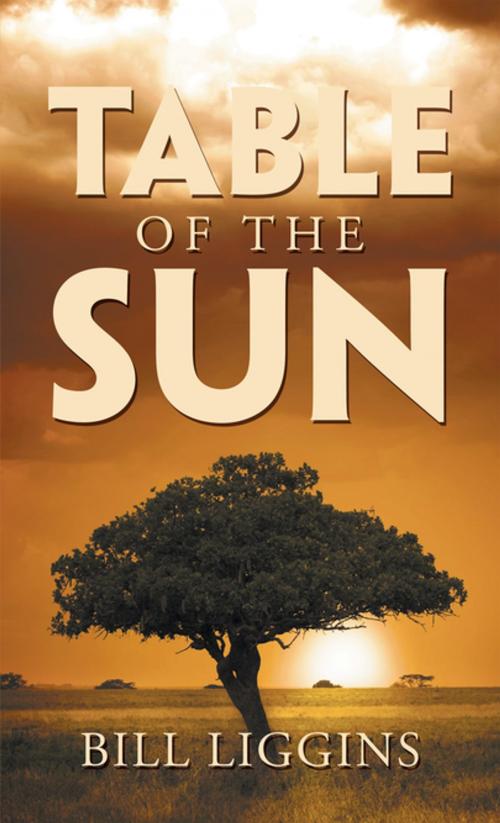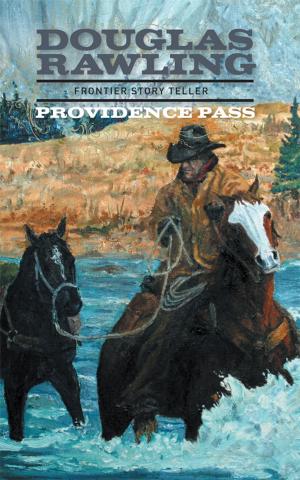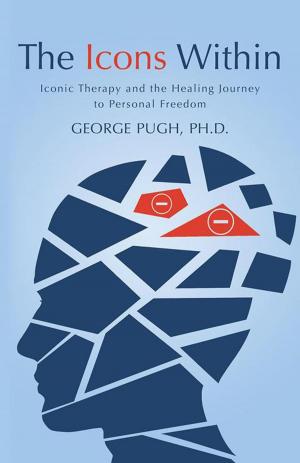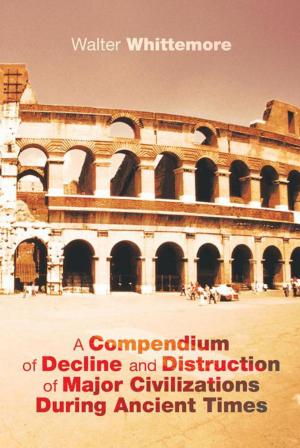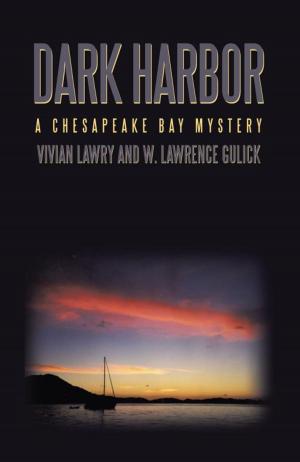| Author: | Bill Liggins | ISBN: | 9781532070181 |
| Publisher: | iUniverse | Publication: | March 8, 2019 |
| Imprint: | iUniverse | Language: | English |
| Author: | Bill Liggins |
| ISBN: | 9781532070181 |
| Publisher: | iUniverse |
| Publication: | March 8, 2019 |
| Imprint: | iUniverse |
| Language: | English |
Finding ancient Egyptian scrolls is a dream for many archaeologists and historians. But none of them would think of looking for them in Kenya. Thirty years ago, that’s what happened. Nineteen ancient Egyptian scrolls were discovered on the slopes of Mt. Kenya. Why were they there? They were three thousand miles out of place. Who brought them there? The archaeologists who found them had no answers. It took Dr. Mira Qasim and her team to finally decipher the scrolls and find the answers. “These scrolls weren’t Egyptian,” she said. “They’re actually Nubian – from about 2,700 years ago, the time of Egypt’s 25th Dynasty when Nubia was a far larger empire than we knew.” Dr. Qasim’s findings had opened a window on a legendary land with a name that still resonates today as a term of endearment and empowerment; a recognition of courage and poise – Nubia. “What I found was Nubia’s story as told by an orphan child named Kano,” Dr. Kasim said. “He found his way to the core of Nubia, and grew to become an essential part of its rise to empire. I can’t wait to share Kano’s story with you.”
Finding ancient Egyptian scrolls is a dream for many archaeologists and historians. But none of them would think of looking for them in Kenya. Thirty years ago, that’s what happened. Nineteen ancient Egyptian scrolls were discovered on the slopes of Mt. Kenya. Why were they there? They were three thousand miles out of place. Who brought them there? The archaeologists who found them had no answers. It took Dr. Mira Qasim and her team to finally decipher the scrolls and find the answers. “These scrolls weren’t Egyptian,” she said. “They’re actually Nubian – from about 2,700 years ago, the time of Egypt’s 25th Dynasty when Nubia was a far larger empire than we knew.” Dr. Qasim’s findings had opened a window on a legendary land with a name that still resonates today as a term of endearment and empowerment; a recognition of courage and poise – Nubia. “What I found was Nubia’s story as told by an orphan child named Kano,” Dr. Kasim said. “He found his way to the core of Nubia, and grew to become an essential part of its rise to empire. I can’t wait to share Kano’s story with you.”
